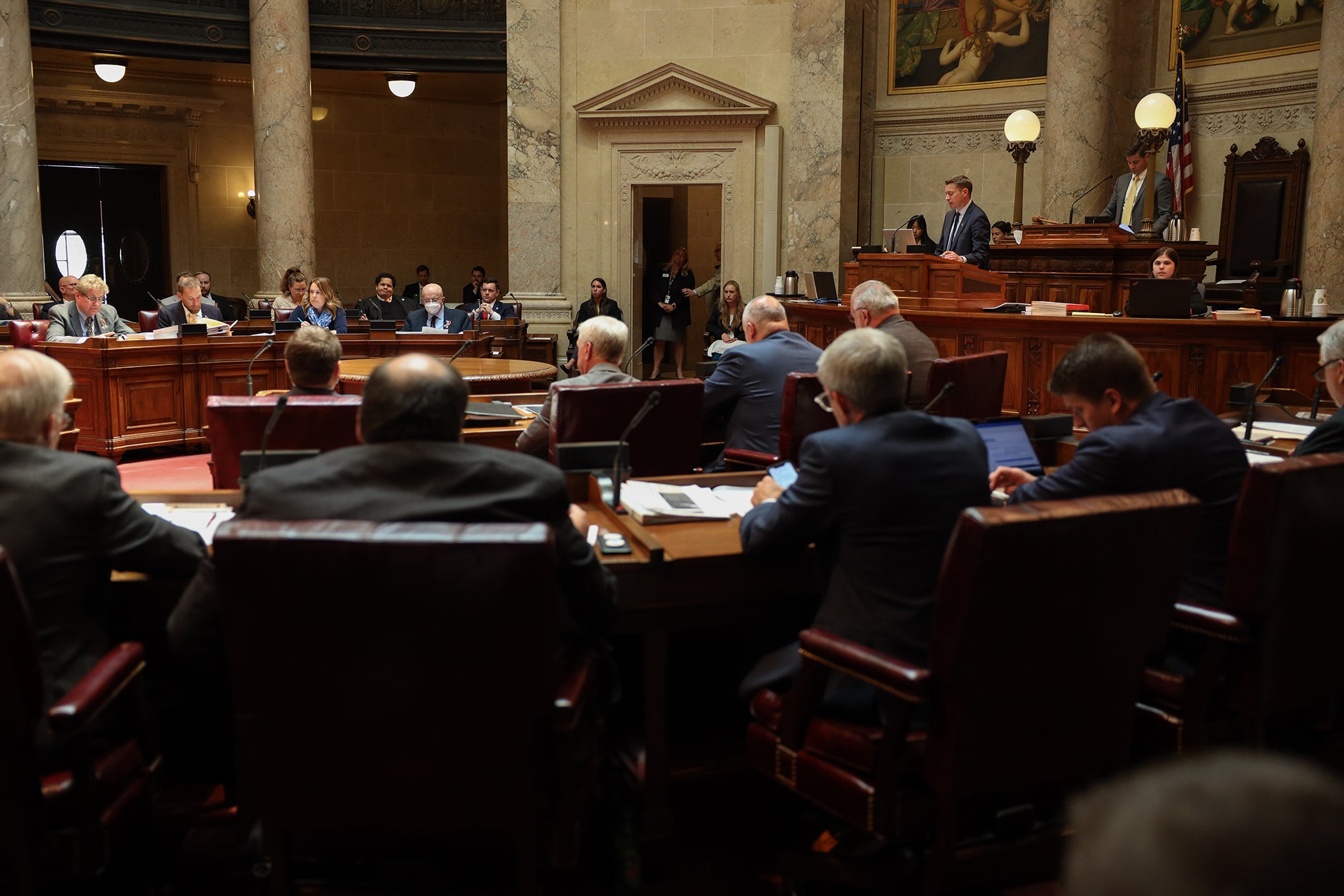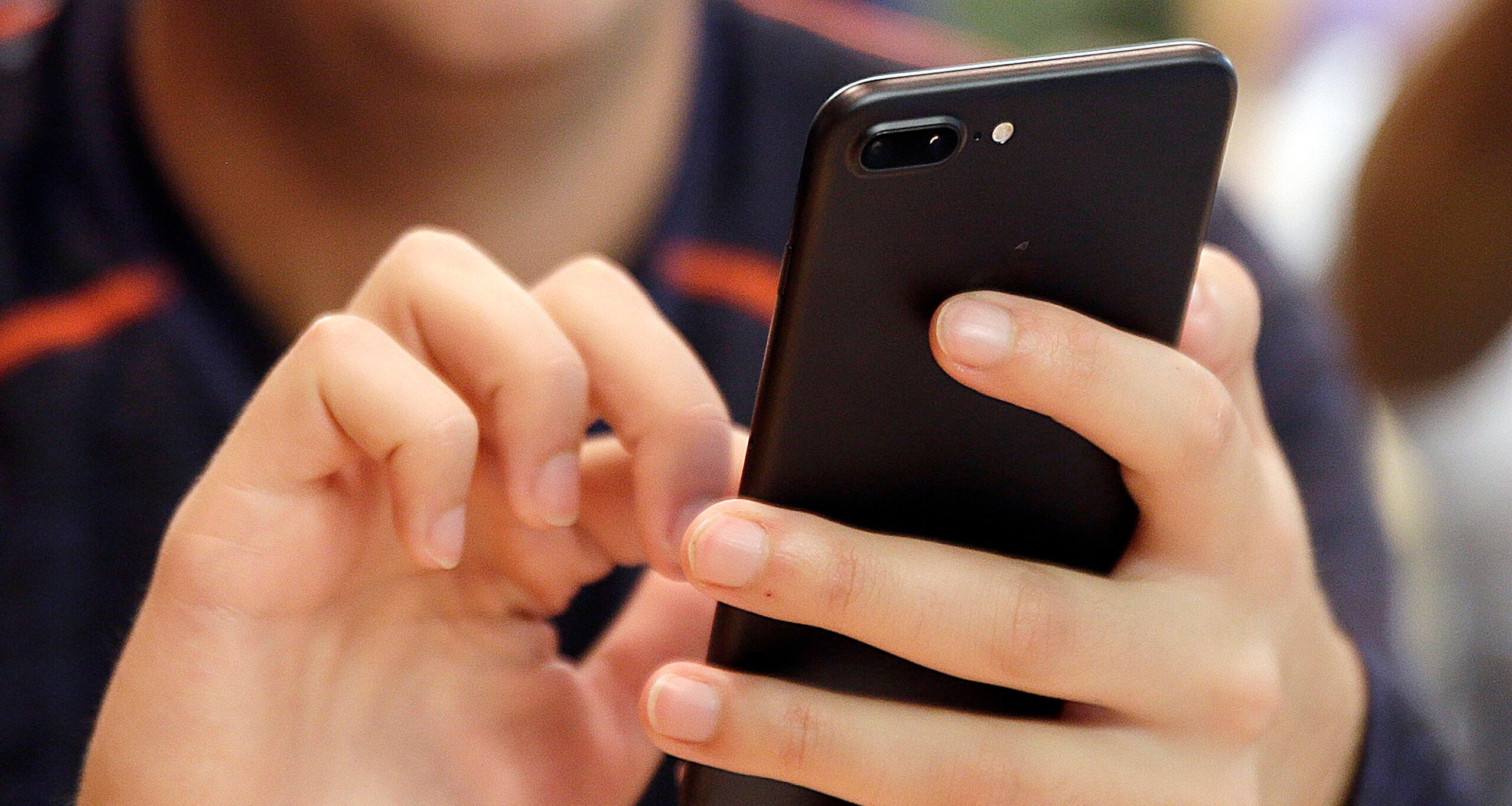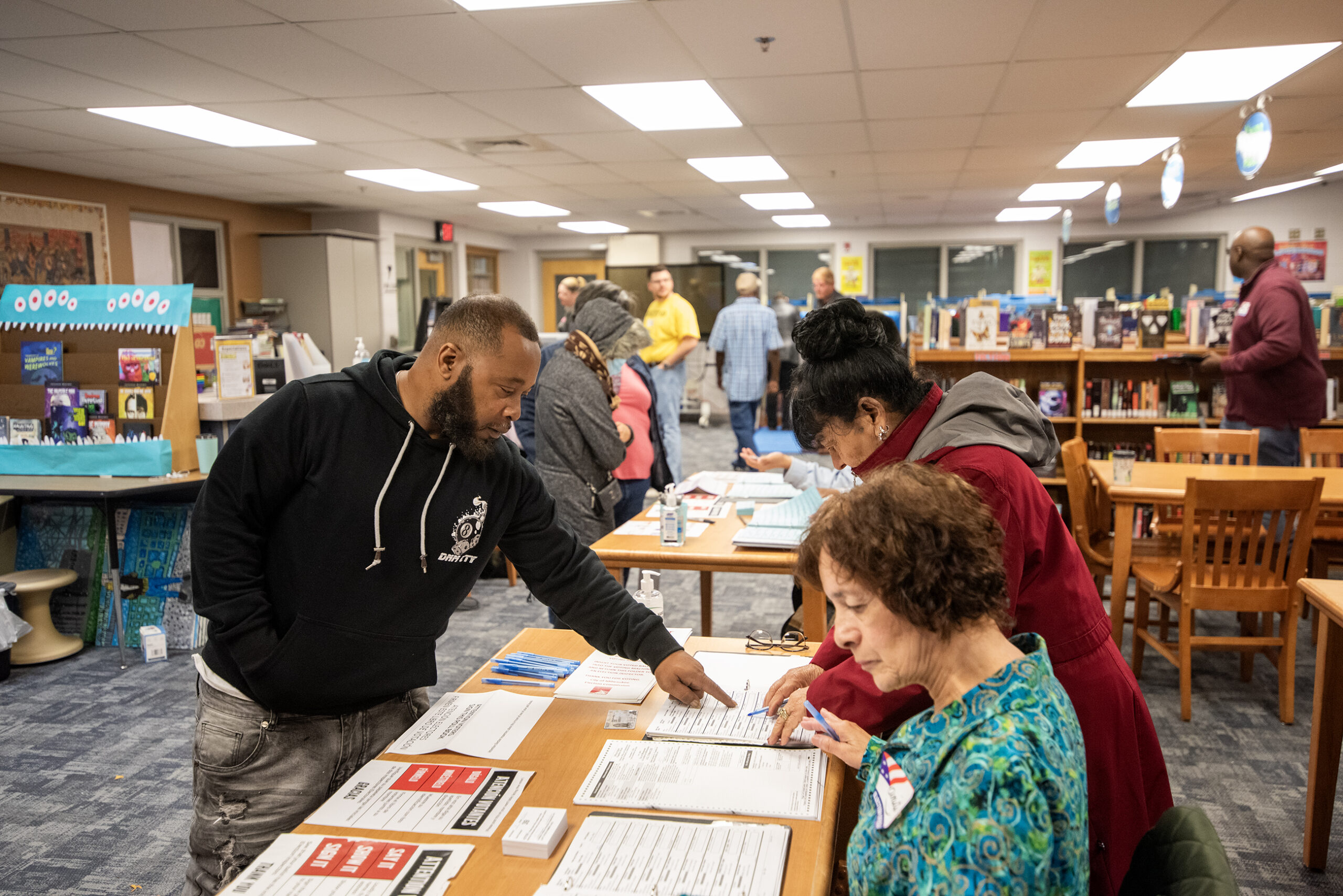Private donations to local clerks would be banned ahead of Wisconsin’s next presidential election under a measure that could go before voters in April.
The proposed constitutional amendment would prohibit clerks from accepting grants that resemble the ones they used to help run the state’s elections during the COVID-19 pandemic in 2020.
For Republicans backing the change, it’s the continuation of an effort that predates the 2020 election. Previous attempts to restrict the grants were blocked by state and federal courts, and by Democratic Gov. Tony Evers.
News with a little more humanity
WPR’s “Wisconsin Today” newsletter keeps you connected to the state you love without feeling overwhelmed. No paywall. No agenda. No corporate filter.
But the latest proposal would sidestep Evers’ veto pen, leaving it up to voters to decide whether to amend the state’s constitution to ban private election grants for good.
The plan that passed the Senate Tuesday on a party-line vote would ban state agencies or local government from applying for, accepting or expending money or equipment that’s donated by “by an individual or a nongovernmental entity.”
It’s aimed at prohibiting grants like those distributed in 2020 by the Center for Tech and Civic Life, an organization funded by Facebook CEO Mark Zuckerberg and his wife, Priscilla Chan.
While the organization has said it awarded grants to a total of 221 counties, cities, towns and villages in Wisconsin, the bulk of the funding went to Milwaukee, Madison, Green Bay, Kenosha and Racine, the state’s five largest cities. Republicans contend that gave Democrats a competitive advantage in the election.
“Donations to local governments put the levers of power directly in the hands of the highest bidder,” said Sen. Eric Wimberger, R-Green Bay, during a brief debate Tuesday.
Democrats said the grants were a lifeline to local clerks who otherwise lacked the resources they needed to run elections in the state’s pandemic elections. Republicans, argued Sen. Mark Spreitzer, D-Beloit, were to blame for the lack of public election funding.
“You can’t have it both ways,” Spreitzer told Republicans. “You can either provide public funding for elections, or you can let clerks go out and find the resources that they need to cover the gap.”
Because the resolution is a proposed constitutional amendment, it must pass two consecutive sessions of the Legislature and be passed by voters in a statewide election to take effect. An identical version already passed the Legislature last session.
Senators also passed another resolution that would specify that only U.S. citizens may vote in Wisconsin elections.
The Wisconsin Constitution says that every U.S. citizen age 18 and over is a qualified elector, but it does not specifically say that only U.S. citizens are qualified to vote in state or local elections. Federal law already requires U.S. citizenship to vote in national elections.
That resolution, along with the one banning private election grants, could go before the state Assembly as soon as Thursday.
Should they pass there, they’d both go before voters. The proposal to ban private election grants would be on the ballot in the April 2024 election, while the plan specifying that only U.S. citizens may vote would be on the November 2024 ballot.
Senators also passed two additional proposed constitutional amendments for the first time Tuesday, meaning the soonest they could go before voters would be 2025.
One would enshrine Wisconsin’s voter ID law in the state’s Constitution, a move GOP backers say would protect it from future lawsuits.
The other would ban state and local officials from ordering the closure of places of worship in response to a public health emergency, a move public health officials took in an effort to slow the spread of COVID-19 in 2020.
Editor’s note: The story was updated to correct when each referendum would go before voters.
Wisconsin Public Radio, © Copyright 2025, Board of Regents of the University of Wisconsin System and Wisconsin Educational Communications Board.







